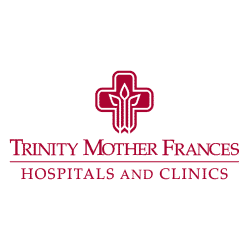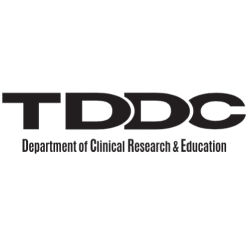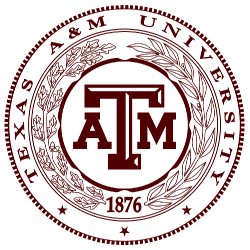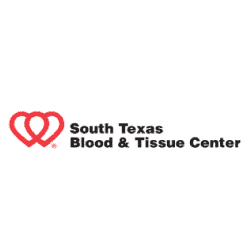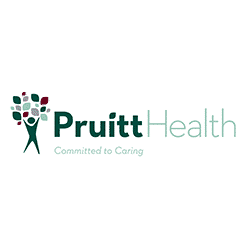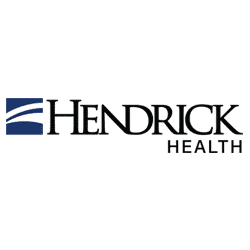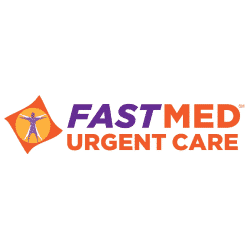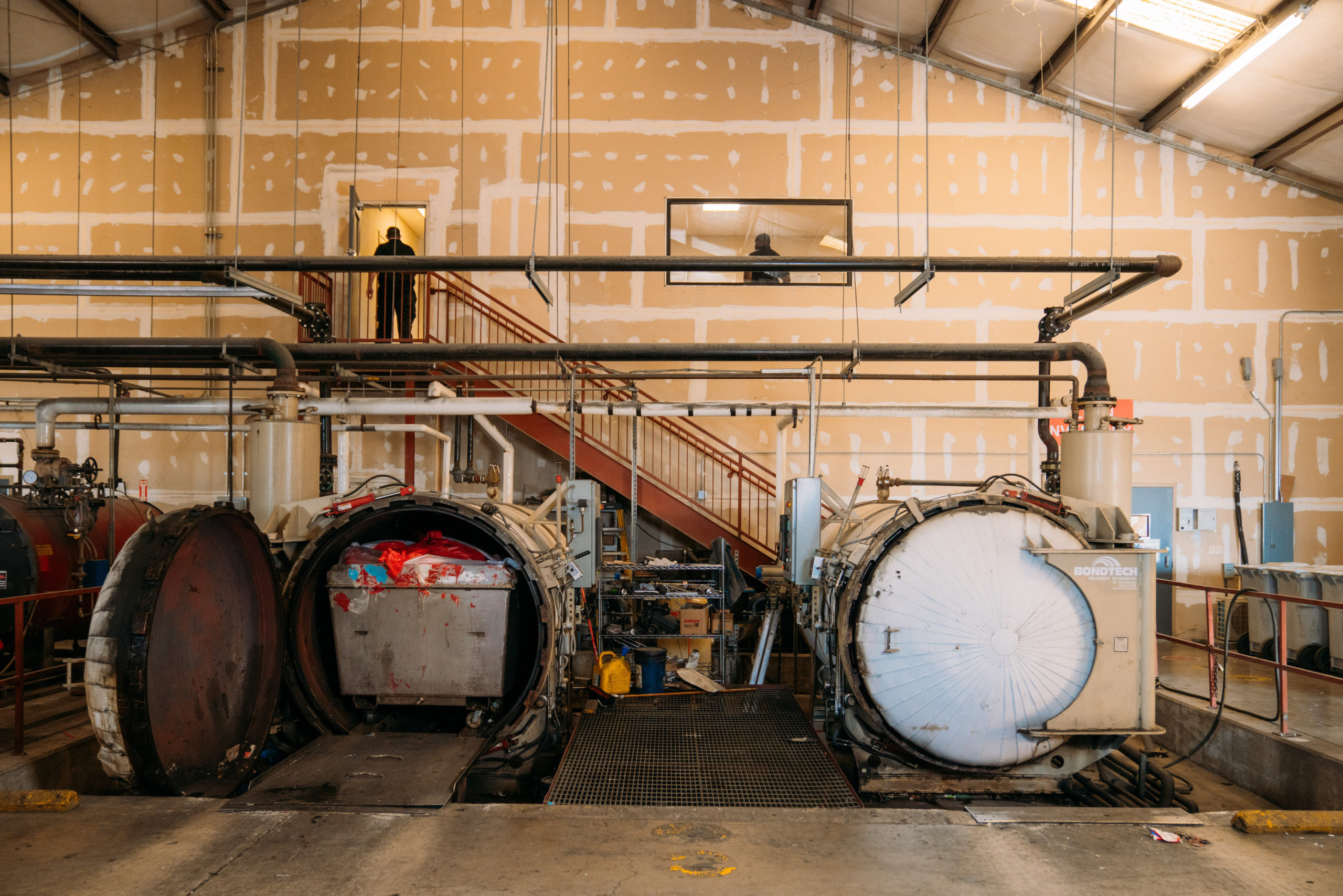
How To Properly Dispose of Expired & Unused Prescriptions – At Home & In the Clinic
Have you ever wondered what happens to your pharmaceutical drugs once they’re discarded? It is common for both individuals and healthcare providers to find themselves with unused/expired prescription drugs and questioning the proper way to dispose of them. While medical facilities are highly regulated and have strict disposal protocols to follow, at-home individuals might unknowingly consider flushing their unused medications down the toilet or throwing them into the trash. Both of these methods of disposal are improper and dangerous.
When medications are improperly disposed of, they often inadvertently end up contaminating local water supplies, including lakes, rivers, and drinking water. This contamination, known as pharmaceutical pollution, negatively impacts marine life. Fish and other aquatic wildlife remain at a high risk for biological imbalances and changes from pharmaceutical pollution – including stunting the ability to reproduce which could potentially wipeout of entire species.
So how can you help? Understanding how to properly dispose of unused prescription drugs – at home or at your place of business – is the first step. Fortunately, there are multiple options for how you can safely dispose of your prescription drugs, including:
• Drug Take-Back Programs
Each year, the Drug Enforcement Administration (DEA) sponsors several National Prescription Drug Take-Back Days that provide a complimentary, responsible and safe way to dispose of unused and expired medications. Since its inaugural event in 2016, over 4 million tons of medications have been collected through the efforts of the DEA that in turn keep communities and households free of pharmaceuticals that can potentially cause harm. This event has remained a very effective program for the DEA and one of the most successful methods of drug disposal.
The success of the National Prescription Drug Take-Back Days has inspired additional drug take-back programs at the state, local, and even business level. For additional information about the National Prescription Drug Take-Back Days and to find local take-back programs in your area, visit the U.S Food & Drug Administration (FDA).
• MedSharps’ Rx Destroyer™
All non-hazardous medications (DEA-controlled & Non-controlled) including, pills, capsules, tablets, liquids, lozenges, transdermal patches, fentanyl lollipops, & suppositories can be destroyed through the MedSharps’ Rx Destroyer™.
What is the MedSharps’ Rx Destroyer™? This pharmaceutical disposal system is a ready-to-use product that requires no additives or special training to use. This system is as easy as loading, shaking, and discarding your medication.
The system contains patented solution that begins dissolving medications directly on contact. Active medication ingredients are adsorbed or neutralized by activated charcoal. Absorption time varies depending on additive and existing contents. Each container contains a carefully formulated balance of ingredients that will destroy to the capacity of the medication. MedSharps Rx Destroyer™ patented formula resists mold growth, resists bacteria development, and automatically controls internal pressure.
• Donation
Did you know? Pharmaceuticals that meet certain requirements, and would normally be discarded, can actually be collected and redistributed to participating prescribers. While each state has their own regulations, which can be reviewed by visiting the State Prescriptions Repository Programs website provided by the National Conference of State Legislatures (NCSL), some medications can typically be donated if they meet the following requirements:
• They must be approved by the Food and Drug Administration (FDA)
• They are not expired
• They do not require refrigeration
• They are not a controlled substance
• They have not been opened or tampered with
Though the process varies by location, the proper regulations for donation remain the same including following the steps to remove personal information from the medication, having the proper documentation in place, and secure transfer to an appropriate drop-off site. Through donation, this redistribution allows for a safe and responsible increase in medication access, specifically to underserved communities.
While it is important for all consumers and businesses to be aware of proper pharmaceutical disposal, it is crucial for the healthcare industry. Facilities, including hospitals, doctor’s offices, veterinarian clinics, and many other types of companies must follow strict compliance regulations for proper pharmaceutical disposal. This is the mission of MedSharps. At MedSharps, we take pride in providing convenient and compliant medical waste disposal and treatment so that you don’t have to worry about it. Interested in learning more? Contact MedSharps today for options on the collection, transportation, treatment, and disposal of all medical and biohazardous waste.

